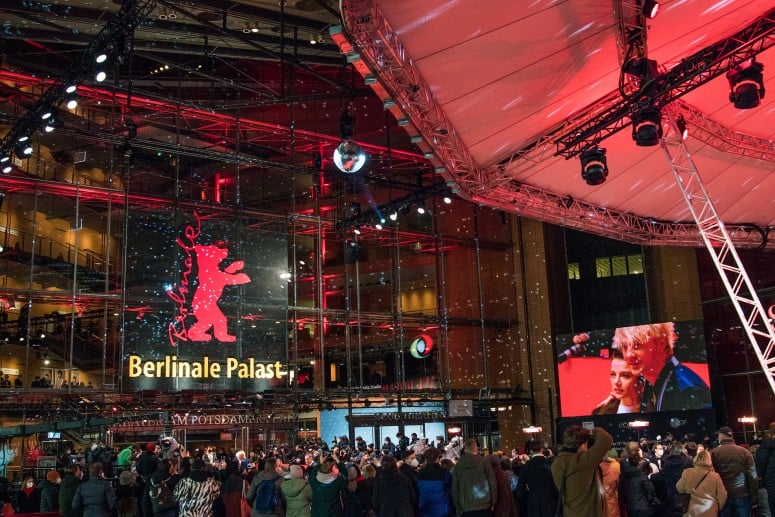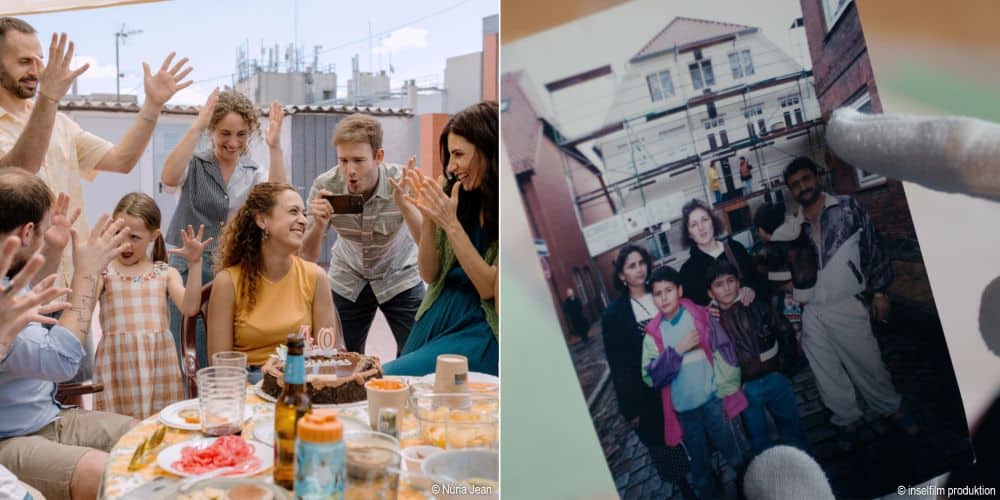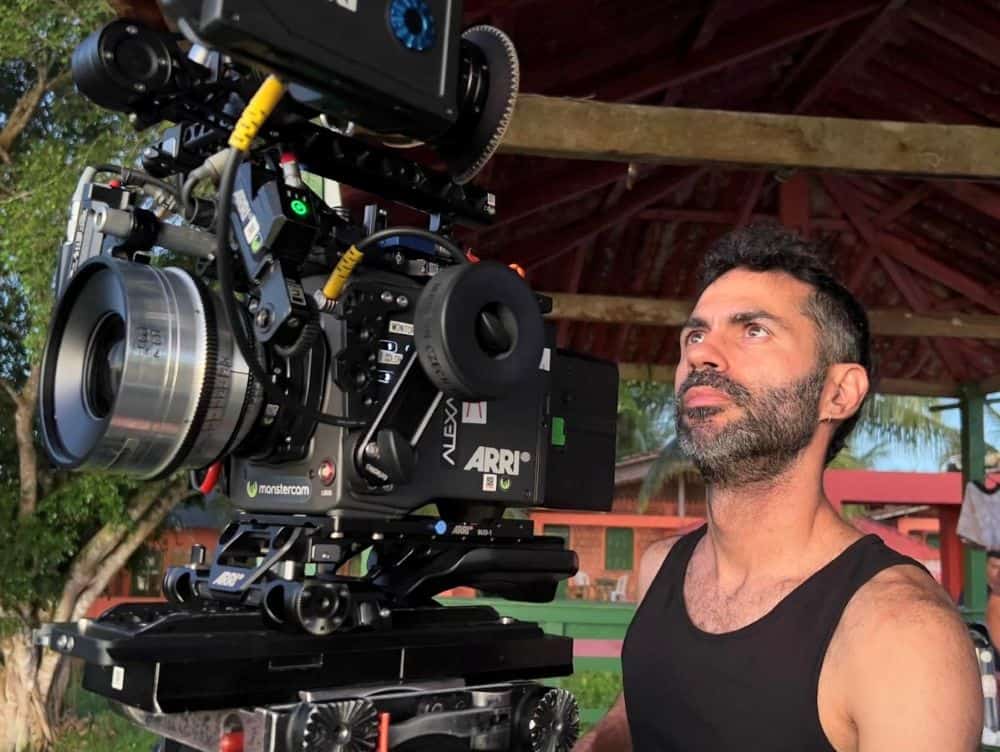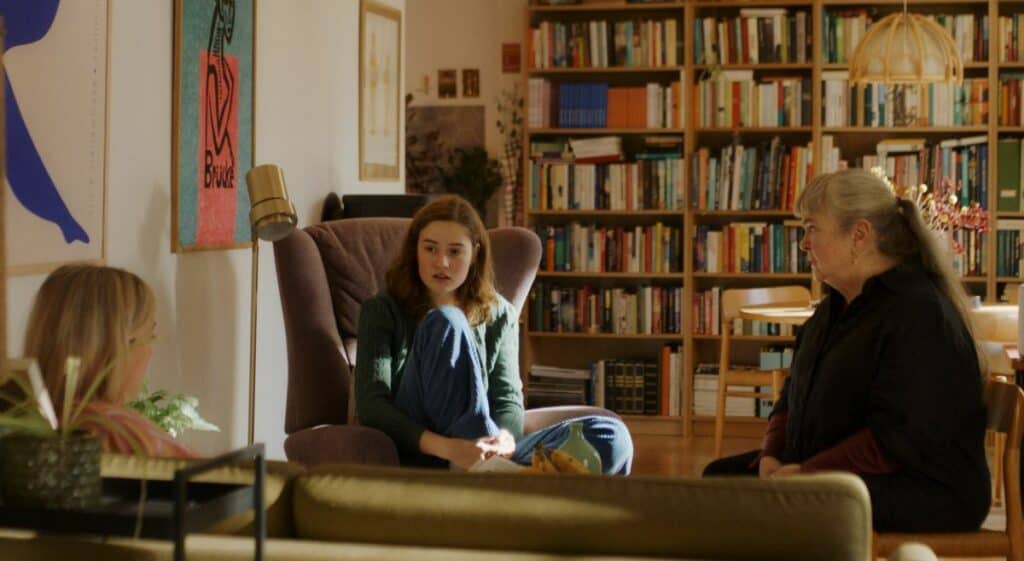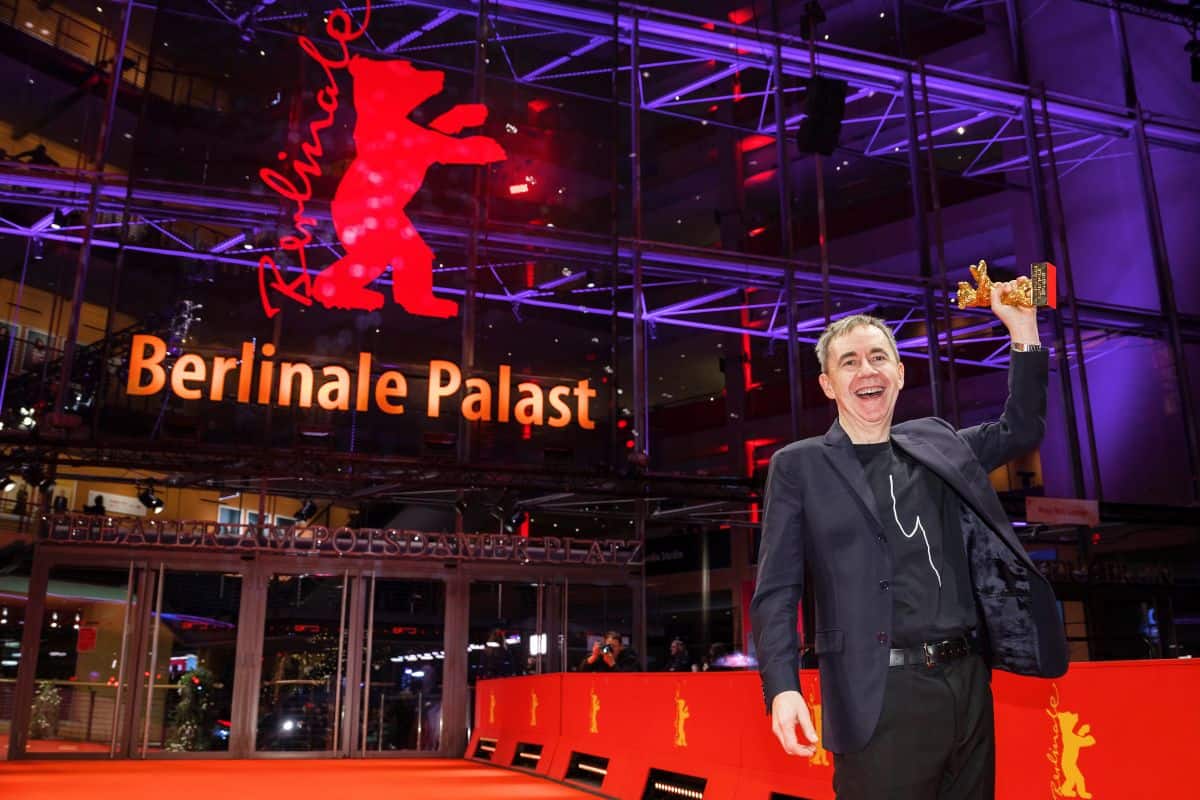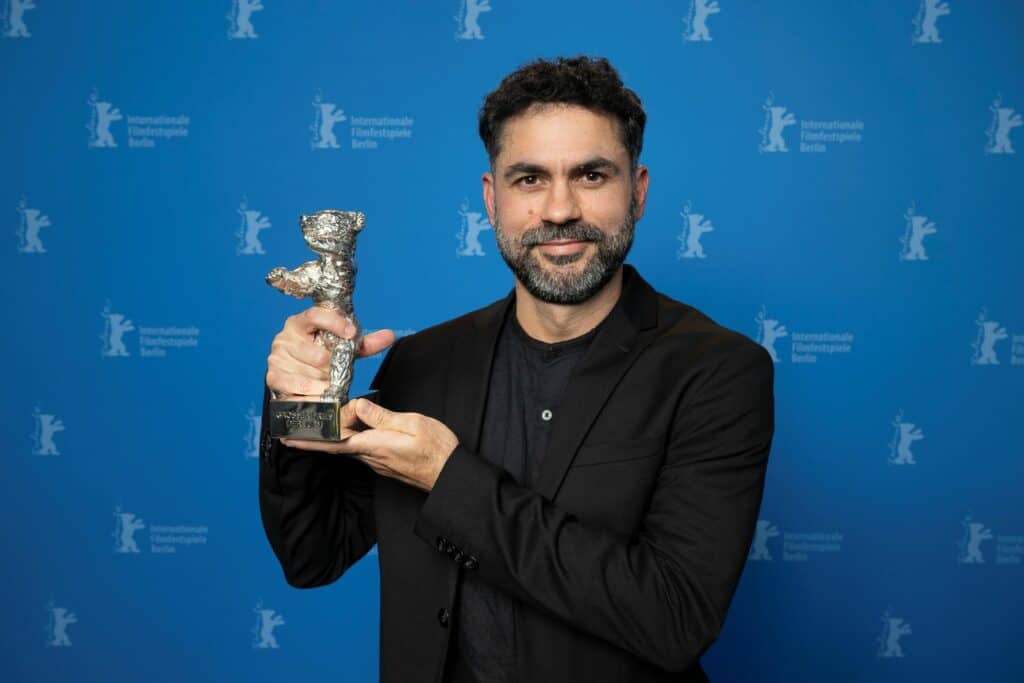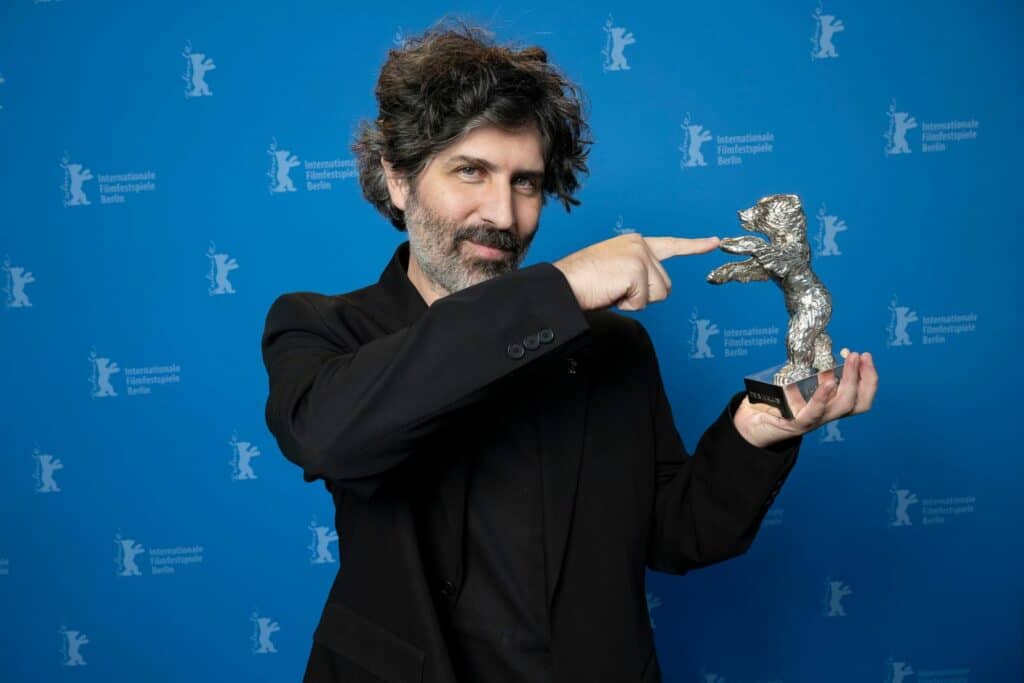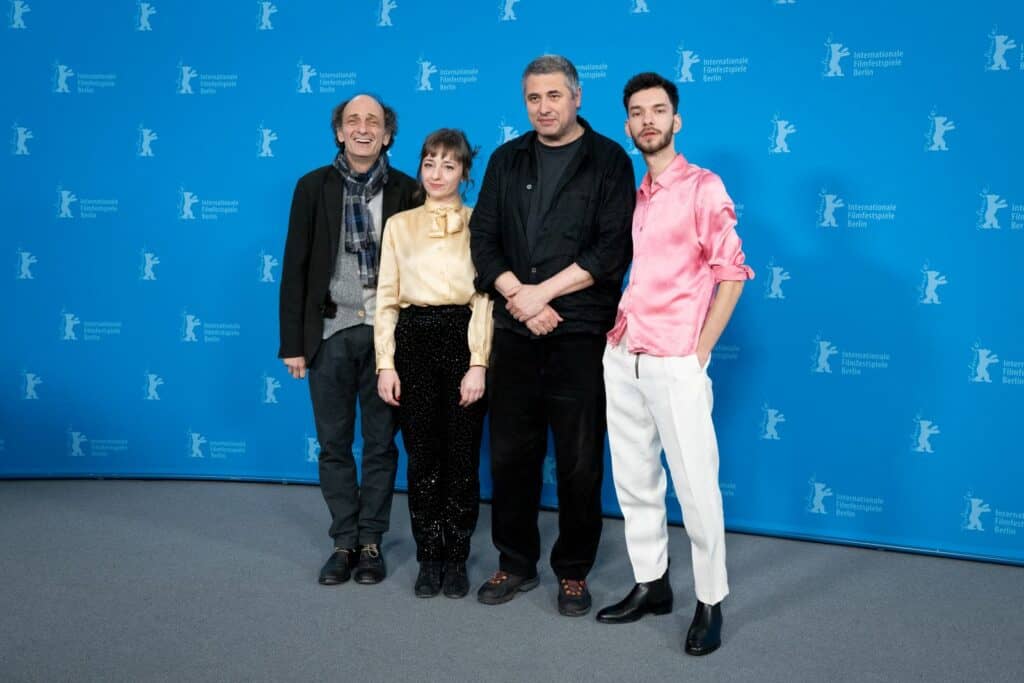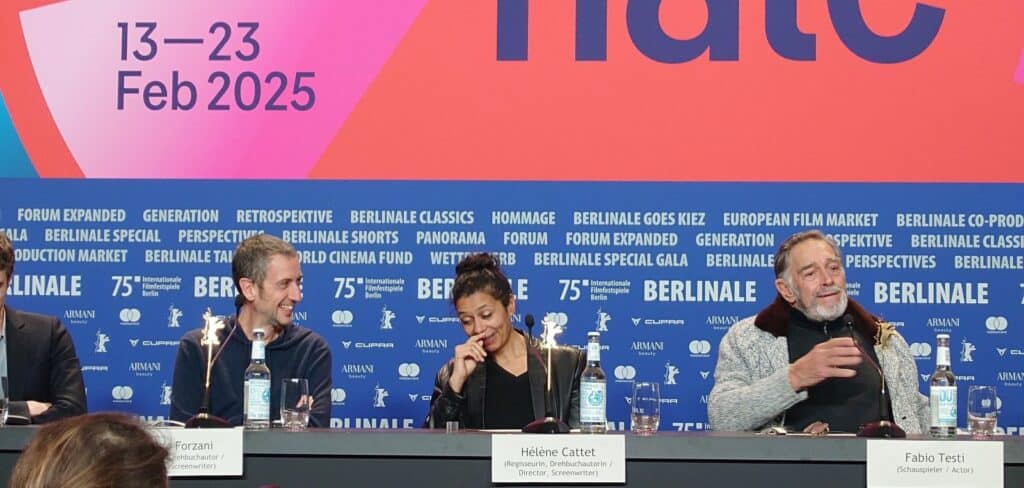I have been visiting the Berlinale since 2014. Since it has been ten years since my first visit, I decided to list my 10 favourite Berlinale films from these years. I decided to be strict and not include films that premiered at the Berlin Fest but I saw elsewhere. That explains the absence of Josephine Decker’s Butter On The Latch and Thou Wast Mild and Lovely, which were screened in the 2014 edition but I saw at another festival. There are other examples as well. After getting that out of the way, let’s first give some honourable mentions that didn’t make the final list.
Two of them are Hungarian; 1945 by Ferenc Török, which was screened in the Panorama section in 2017, and Natural Light (Természetes fény) reviewed here, which played in the 2021 competition. The aforementioned Decker’s Madeline’s Madeline appeared in the Forum section in 2018. Maren Hwang’s Xiao Mei was screened in the Panorama section the same year. With those out of the way, let’s proceed to the actual list.
10. Siberia 2020
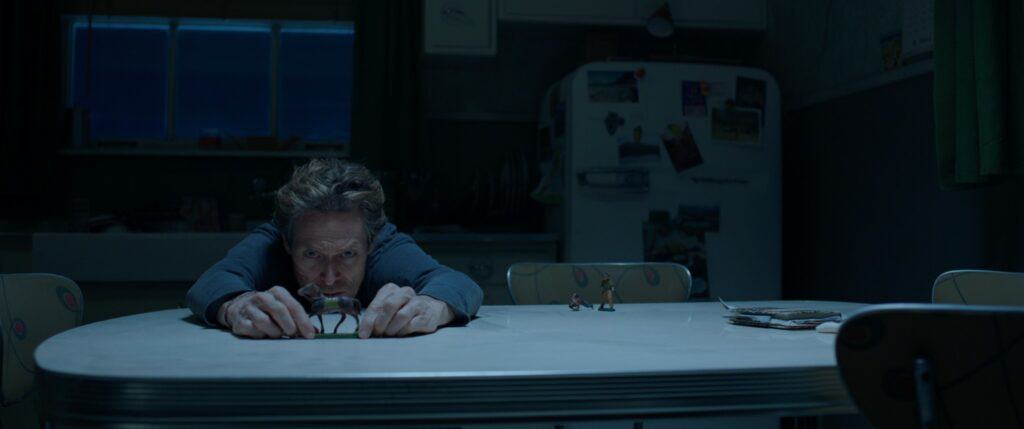
Siberia is not the first collaboration between Abel Ferrara and Willem Defoe, but it might be the most fruitful one. The protagonist tries to leave his life behind and goes on a journey to a cold place where nobody seems to speak a language he understands, and it’s typically bodies that meet. It’s still as much a journey into the man’s mind as an outward one. Ferrara’s film manages to be epic and simultaneously mysterious and metaphorical. The film competed but was not close to winning any awards. Reviews were mixed, as they say.
9. Todos os Mortos 2020
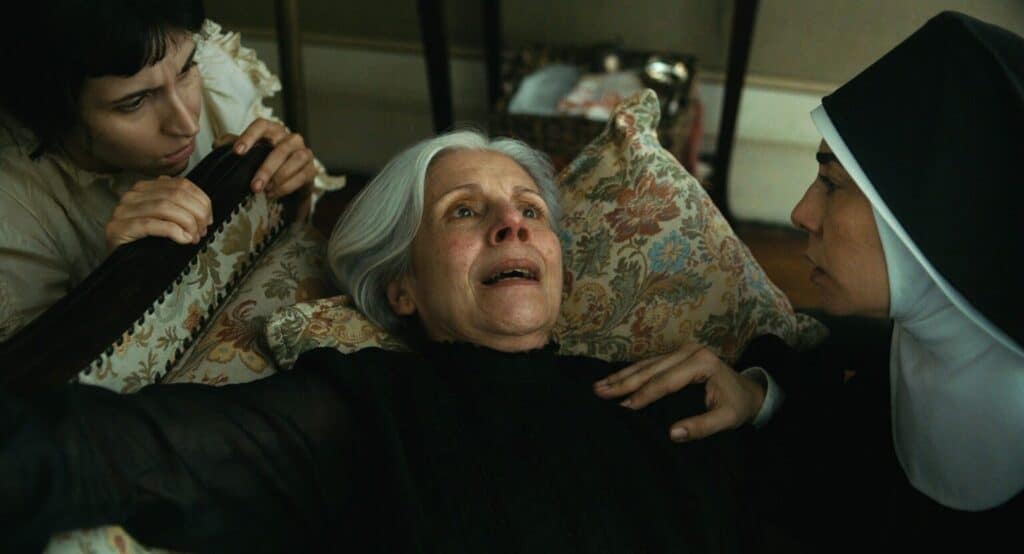
All the Dead Ones by Marco Dutra and Caetano Gotardo has already been reviewed, but this film, with its references to Straub and Oliveria, is still stuck in my mind.
8. Hojoom 2017
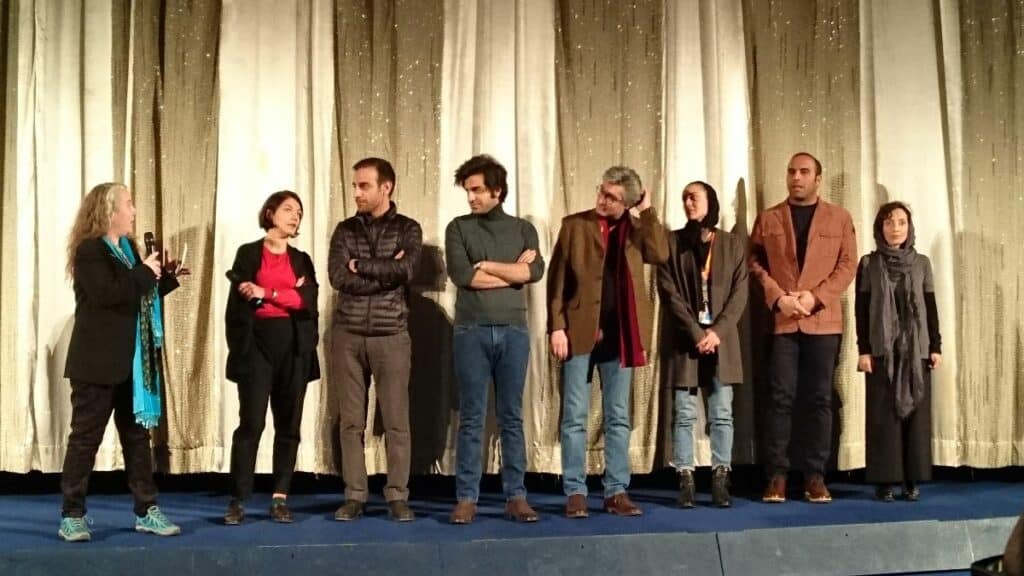
Shahram Mokri (interviewed here) is one of the most interesting directors working today. In 2018, he presented Invasion (Hojoom) in Panorama. This film manages to make something interesting out of shooting a film in one take. It’s a murder mystery of sorts, but in many ways, it feels like a Miklós Jancsó film, for instance, The Tyrant’s Heart (A zsarnok szíve 1981).
7. Toppen av Ingenting 2018
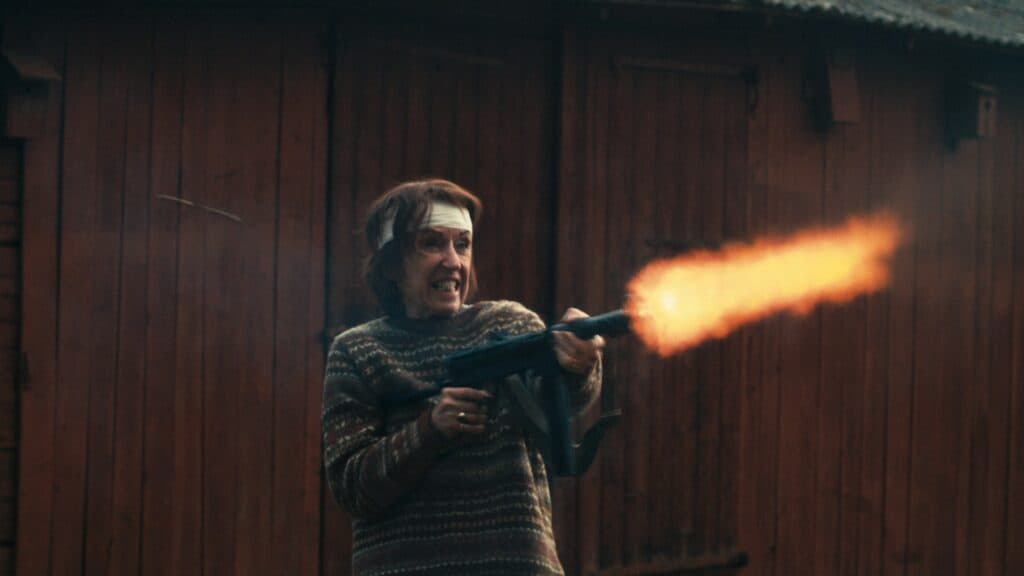
In 2018, I didn’t have accreditation, so I was spared the reportedly disastrous press screening of The Real Estate (Toppen av ingenting), where people were constantly heading for the exit. The gala screening in the evening was a more jolly affair since the directors, Måns Månsson and Alexander Petersén, had plenty of Swedish compatriots among the spectators. The story is about Nojet (Leonore Ekstrand, unforgettable), who thinks she has struck gold when she inherits an estate in Stockholm. Upon arrival, she discovers that the building is in a terrible state and inhabited by tenants without legal contracts.
That is only the start of her problems in this hilarious film that doesn’t pull any punches. Neither did Leonore Ekstrand in scenes that made a Swedish critic state that some sounds would follow him to his grave.
6. Malmkrog 2020
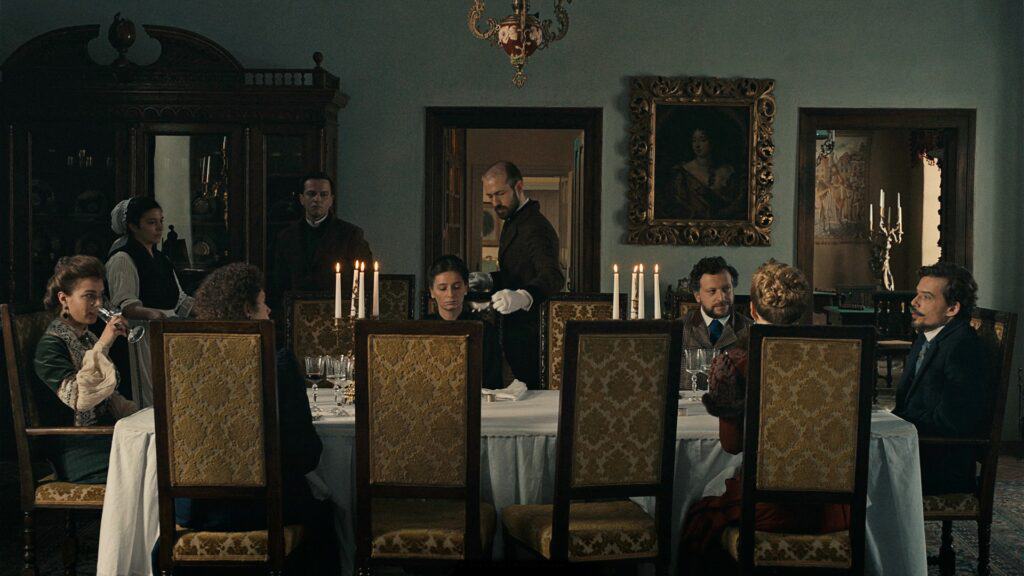
The 2020 was the first edition of the Berlinale under Carlo Chatrian’s direction. He managed to put his stamp on the festival immediately. It is no coincidence that several films from his year as the festival director are among my favourites. Malmkrog by Cristi Puiu was presented in the new Encounters section. This competitive section has proven to be the most interesting since then. The 200-minute film got its fair share of criticism, some going so far as to say it was not what cinema was intended for. I still plan to write a longer piece about this fascinating but demanding work.
5. Aimer, boire et chanter 2014
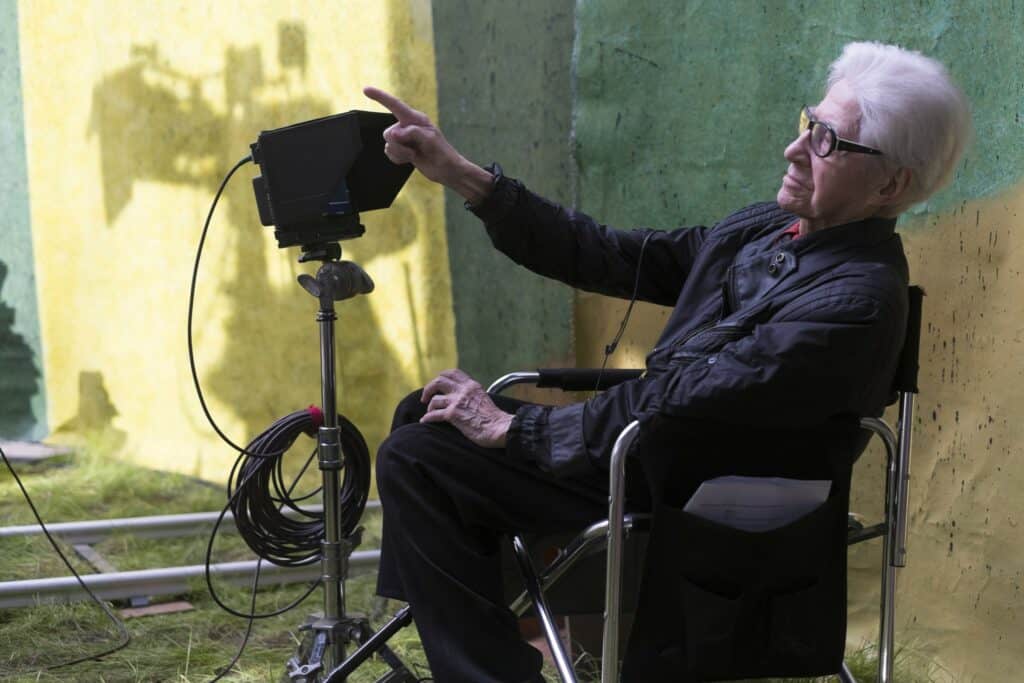
2014 was the first time I attended the Berlinale. The overwhelming reason was to see Alain Resnais’ Aimer, boire et chanter, based on Alan Ayckbourne’s play Life of Riley. Resnais is one of my all-time favourite directors, but I never understood what he saw in Ayckbourne’s work. This was his third adaptation of the British playwright after Smoking/No Smoking (1993) and Coeurs (Private Fears in Public Places 2006. The latter was a commercial and critical success, but I think it’s one of his weakest films. A feeling that wasn’t changed by watching the film eight times.
Aimer, boire, chanter is fascinating and digs into the artificial more successfully than Coeurs. There are also clear connections to Resnais’ penultimate film Vous n’avez encore rien vu (2012). The film won the now-defunct Alfred Bauer prize, and the producer said at the press conference that he had talked to the director, who wasn’t present in Berlin, and they were working on his next project. A few weeks later, Resnais died.
4. Mal viver 2023
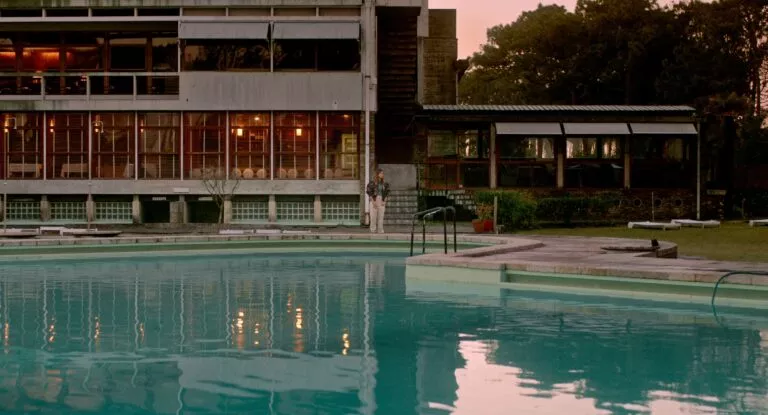
Readers might remember that I think Mal viver was the best film of 2023. I explained why in my review.
3. Bait 2019
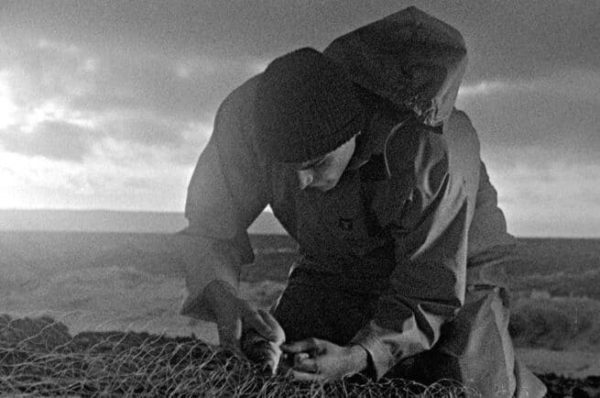
For me, the 2019 Berlinale is synonymous with the discovery of Mark Jenkin. Bait was a refreshing find in the Forum section. It’s a film that is aware of film history but still feels new and different. Again, there is a review where you can read about it.
2. Teströl és lélekröl 2017
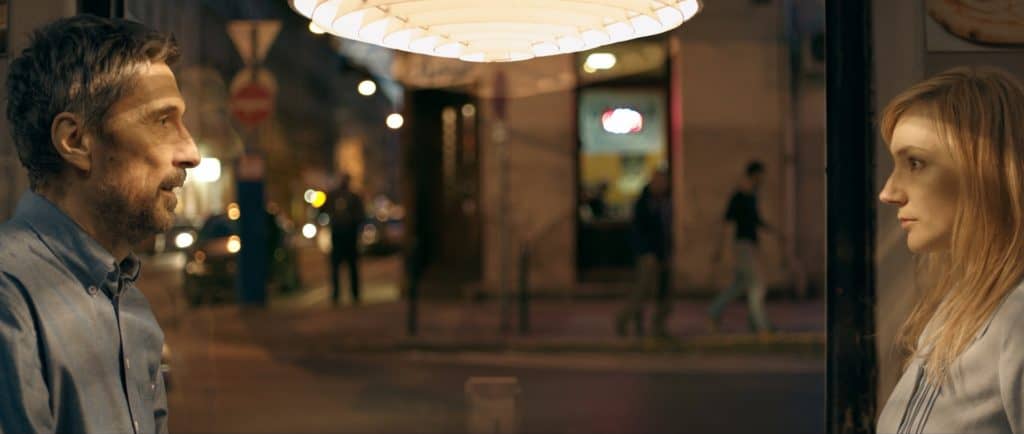
The very first film in the competition in 2017 was the return of Ildikó Eneydi. Eighteen years after her previous film, she returned with Teströl és lélekröl (On Body and Soul). It was difficult to know what to expect, but it turned out to be a triumphant return. To my utter shock, it won the Golden Bear, making it the only such winner on this list. I wrote about the film and her career.
1. Tiere 2017
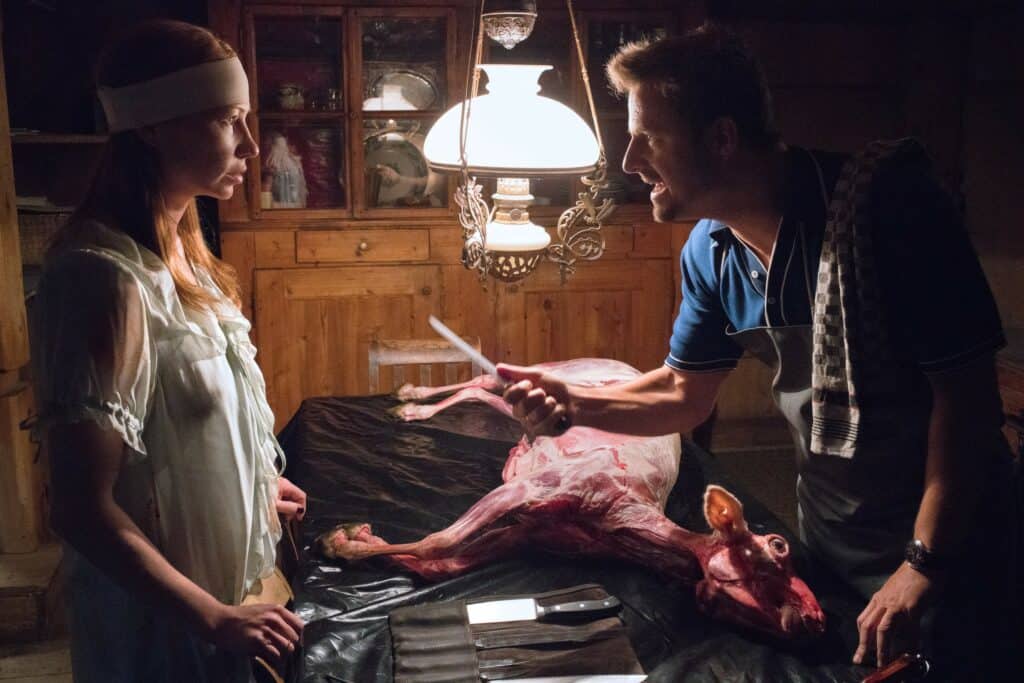
My strongest Berlinale experience remains Tiere (Animals) by Greg Zglinski. How to describe this film? The festival described it like this. “Nick and Anna are off to Switzerland for six months. Nick wants to collect recipes for local cuisine, and Anna finally hopes to write a new book. The time away might be good for their relationship, too, for Anna knows about Nick’s affair with their neighbour Andrea, who threw herself out the window. Mischa will be taking care of the fish and the philodendron in their Viennese apartment while they’re gone. On the drive to Switzerland, they collide with a sheep.”
It all sounds crystal clear, right? My description has always been: Imagine David Lynch; now imagine if he was talented. Then you would have Tiere. The film is endlessly imaginative and also really funny. It is not so easy to watch for some reason, but if you manage to get hold of it, don’t hesitate. The female lead is the fabulous Birgit Minichmayr, who stars in two films in this year’s edition. At least one of them sounds quite promising.
That ends my list. Now, one can only look forward to the 2024 edition, which starts in one week.
Dialling it up to 11, one year later
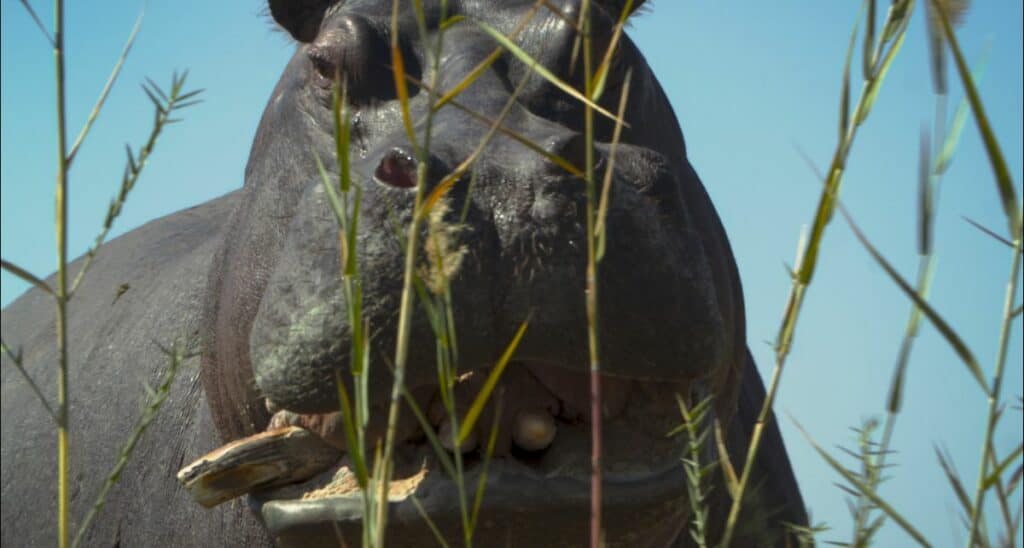
The 2024 edition was Carlo Chatrian’s and Mark Peranson’s last, and the feeling is that they chose to go out with a bang. The decision to screen Pepe in the competition rather than Encounters was far from obvious and probably a sign that they didn’t care what the reception would be like. Watching the faces of most Anglo-Saxon critics after the first press screening was actually one of the festival’s highlights. Pepe is easily the best film I’ve ever seen at the Berlinale. I tried to explain why in my review. It was recently screened at the Gothenburg Film Festival.
Originally published 8/2 2024.
